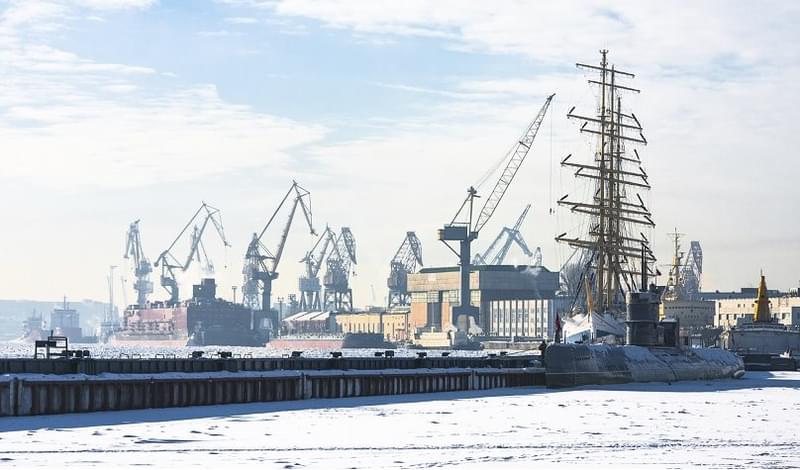Russian infrastructure company Global Ports has issued its debut Eurobond. The issuance is also the first debut Eurobond to emerge from Russia since 2013.
As a result of western sanctions, debt issuances from Russia have become increasingly rare.
“The company picked a great window of opportunity to come to the markets with a debut Eurobond with Russian issuance practically at a standstill,” said John Bates, Head of Emerging Market Corporate Research at Pinebridge.
He added that with investor cash in relatively high supply, and the fact that the company heavily marketed itself to international investors, it was able to take further advantage of the relative dearth of issuances from Russia.
The US$350mn note was three and a half times oversubscribed. It carries a yield of 6.875%. Two thirds of the demand for the bond originated from outside Russia, with 20% from the US, 17% from the UK and 18% coming from Europe.
Bates noted that the keeping the transaction size relatively small at US$350mn meant the company could tighten pricing during the heavily-oversubscribed book-build process.
Still, Bates said the small size of the issuance could be a problem for larger holders of the bonds as liquidity on the way out may not be attractive.
The performance of Russia’s economy could still have a deep impact on the company’s fortunes, which would affect the performance of its debt.
“In credit fundamental terms the company’s fortunes are largely tied to the Russian macro-economy, which could get worse,” Bates said.
Investors will have to weigh up whether this is adequately counterbalanced by the high margin ports business, the high barriers to entry in the ports industry and the low ‘containerization’ in Russia compared to the rest of the world, which is likely to increase despite a prolonged period of low macro-economic growth.
Although there have already been a few corporate debt issuances from Russia, with more planned, the likelihood of any entering the international markets will depend on the sovereign’s economic performance.
“We are aware of a handful of Russian companies looking towards the Eurobond market at the moment. Whether they actually come will depend on the individual credit metrics and access to local funding. Clearly, US and EU sanctions are still having their impact on a good portion of the issuer universe,” Bates explained.









